Find Help
More Items From Ergsy search
-
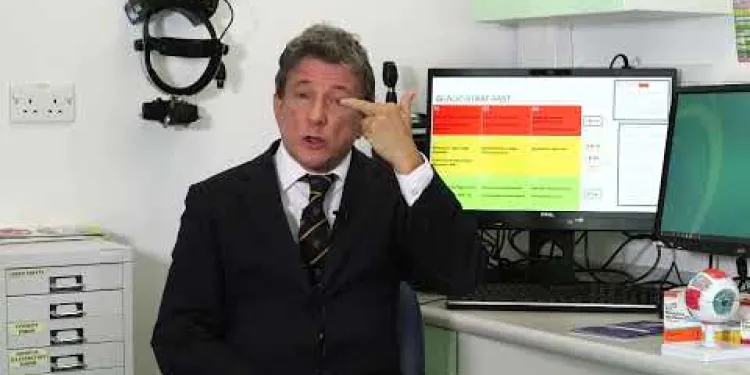
Glaucoma: symptoms in glaucoma
Relevance: 100%
-
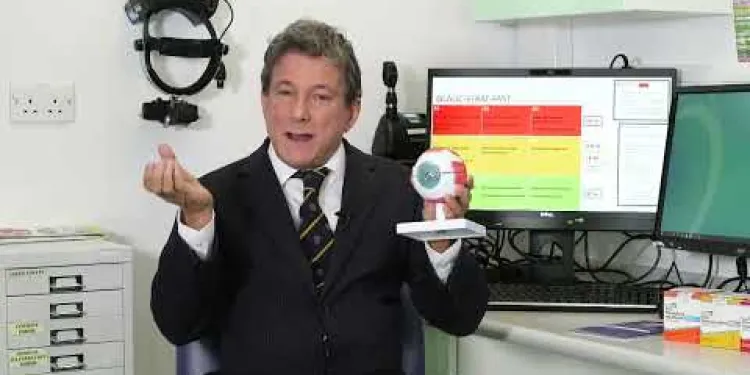
Glaucoma: what is glaucoma?
Relevance: 80%
-

What is the difference between hypotony and glaucoma?
Relevance: 65%
-
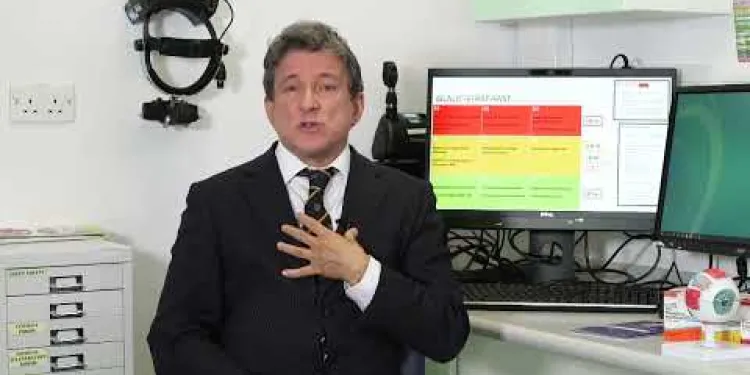
Glaucoma: general side effects of eye drops
Relevance: 61%
-
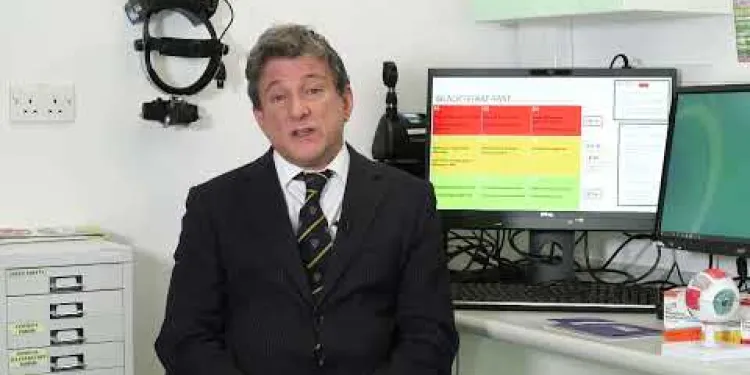
Glaucoma: how often should i take my eye drops?
Relevance: 57%
-
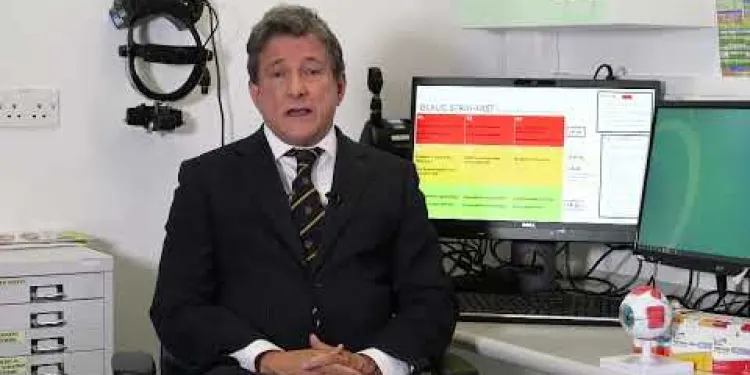
Glaucoma: how does it affect my ability to drive?
Relevance: 57%
-
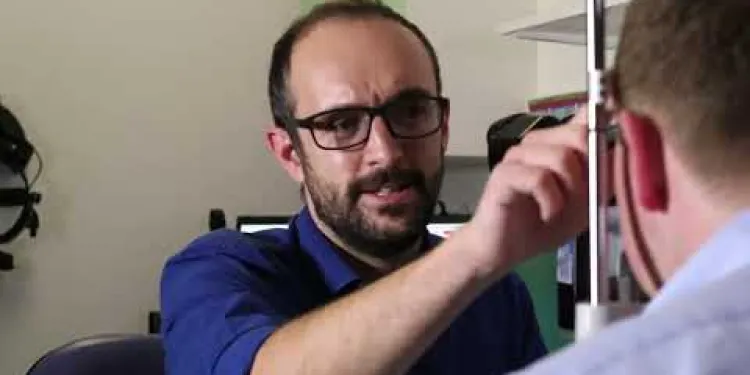
Glaucoma: about the Ophthalmology Team at University Hospitals Birmingham NHS Foundation Trust
Relevance: 54%
-

What are the symptoms of hypotony?
Relevance: 31%
-
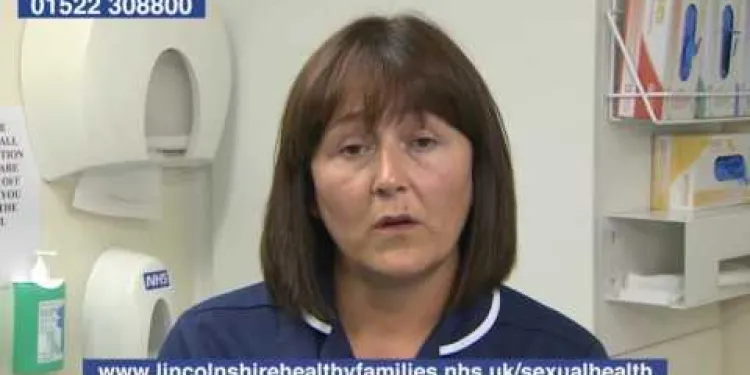
The symptoms of gonorrhoea
Relevance: 28%
-
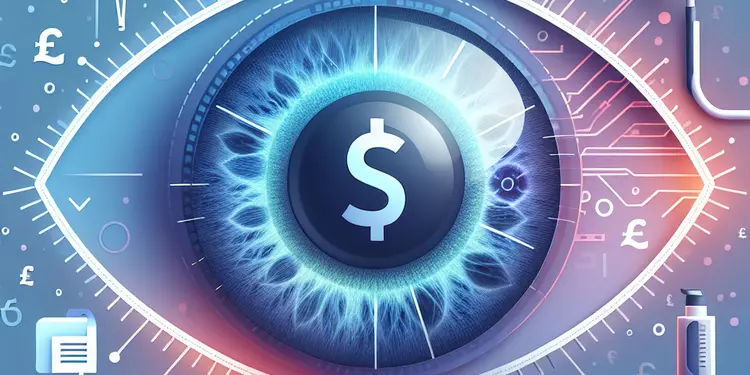
What is hypotony in the eye?
Relevance: 27%
-
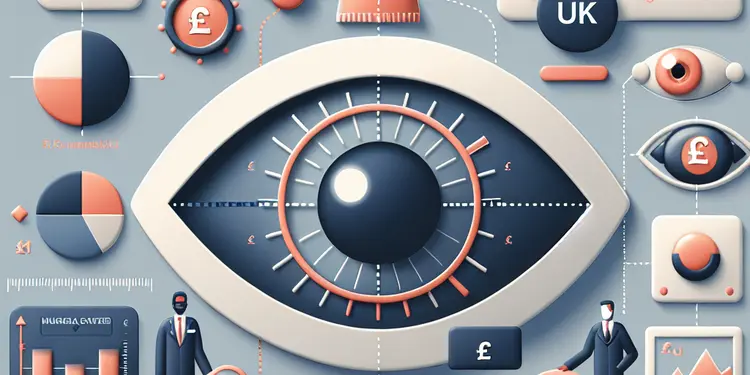
What is the normal range of intraocular pressure?
Relevance: 27%
-

What are the symptoms of norovirus?
Relevance: 27%
-

What are the symptoms of Rubella?
Relevance: 27%
-
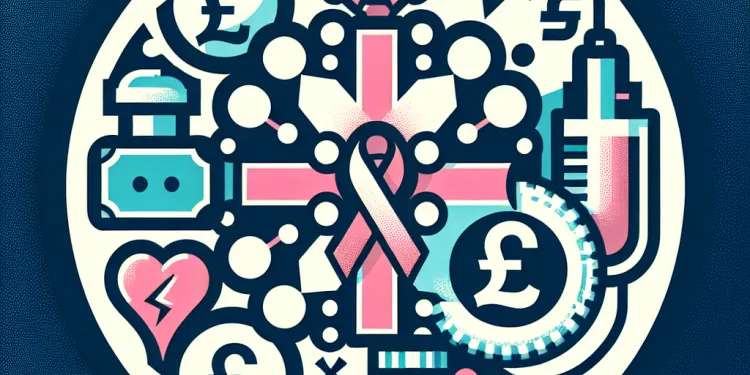
Are there symptoms of an HPV infection?
Relevance: 27%
-
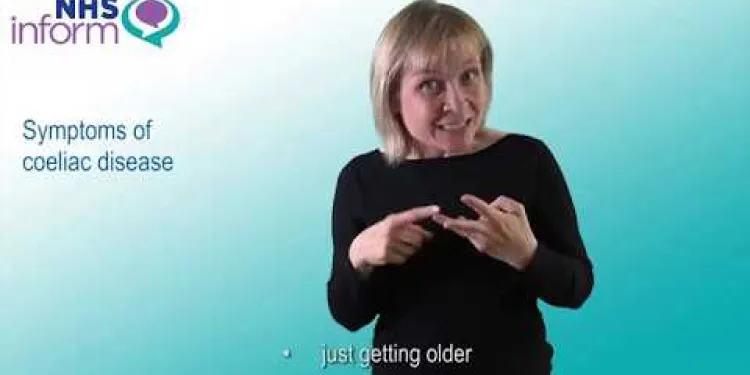
Symptoms of coeliac disease
Relevance: 27%
-
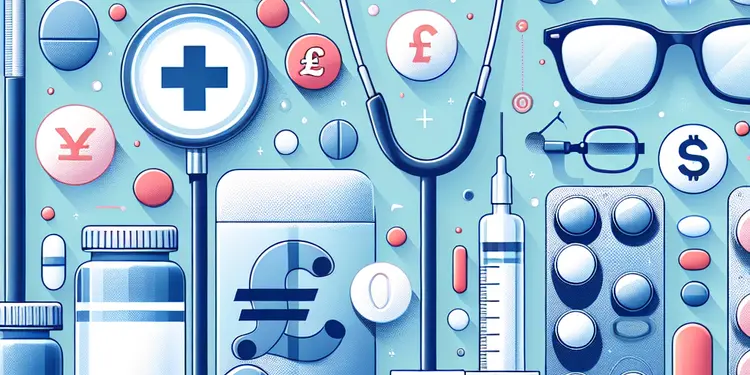
Do certain medications contribute to hypotony?
Relevance: 27%
-
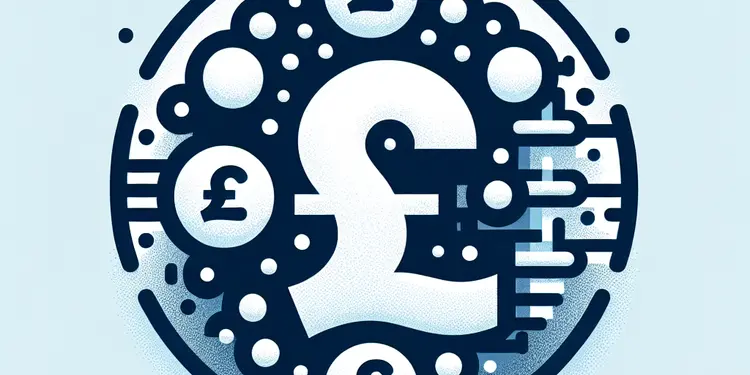
What are the symptoms of measles?
Relevance: 27%
-

What are the symptoms of measles?
Relevance: 27%
-
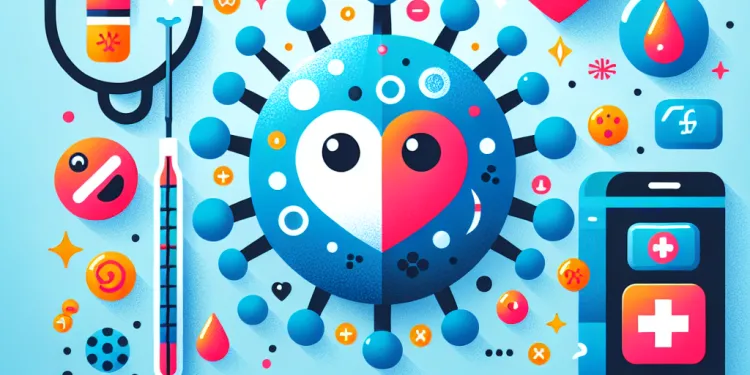
What are the symptoms of measles?
Relevance: 27%
-

What are the symptoms of SAD?
Relevance: 27%
-

What are the symptoms of BPH?
Relevance: 27%
-
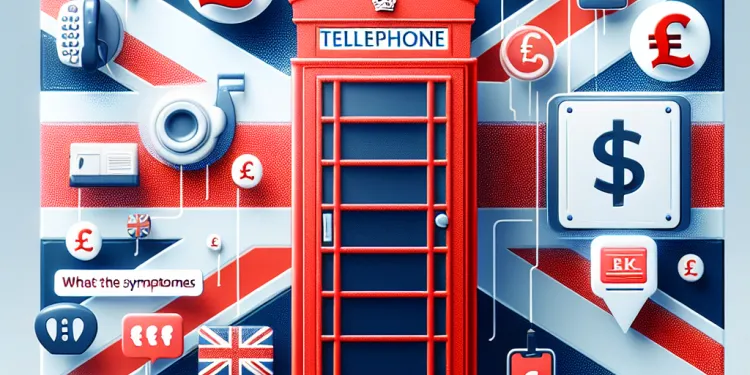
What are the symptoms of chickenpox?
Relevance: 27%
-
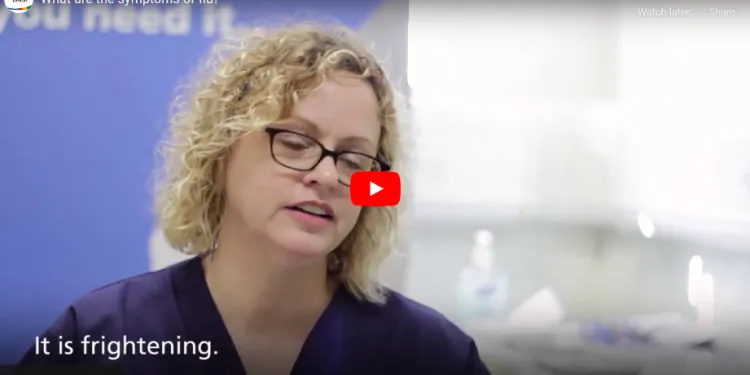
What are the symptoms of flu ?
Relevance: 27%
-
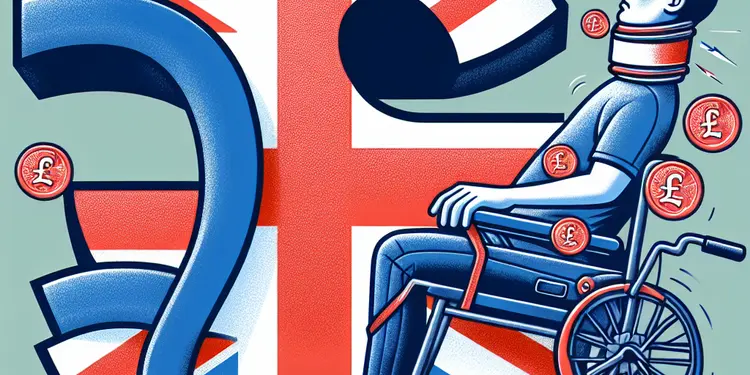
What are the symptoms of whiplash?
Relevance: 27%
-
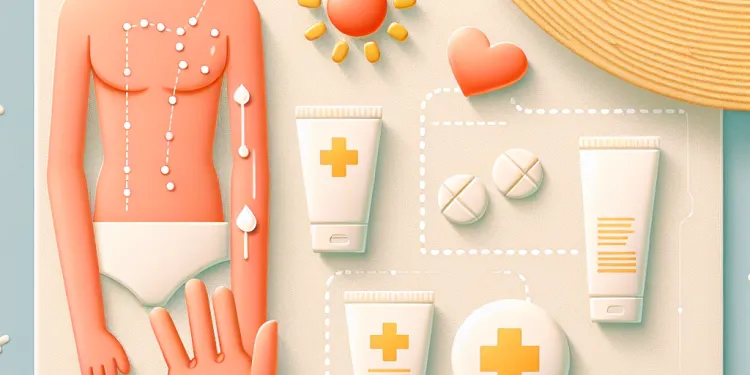
What are the symptoms of sunburn?
Relevance: 26%
-
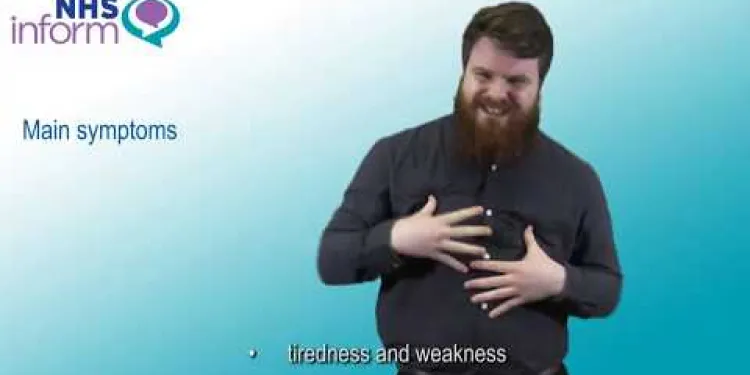
Symptoms of flu (influenza)
Relevance: 26%
-
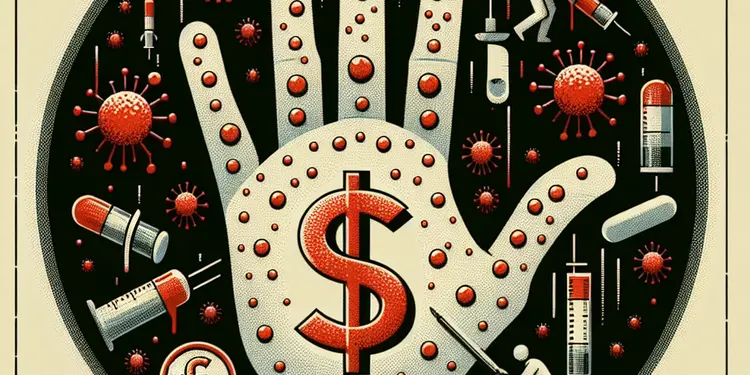
What are the symptoms of scabies?
Relevance: 26%
-
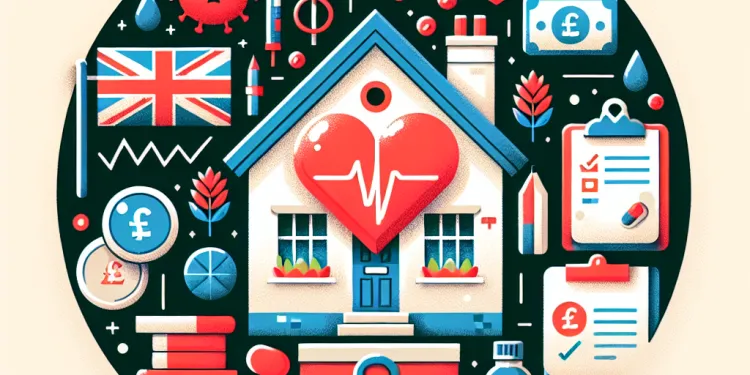
What are the symptoms of shingles?
Relevance: 26%
-
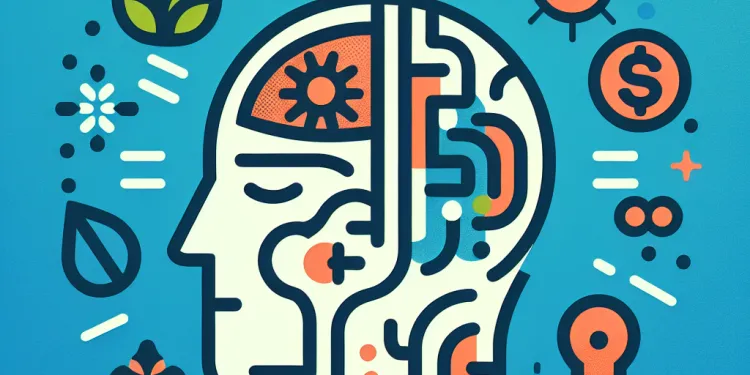
Is headache a symptom of a concussion?
Relevance: 26%
-

Can hypotony affect vision?
Relevance: 26%
-
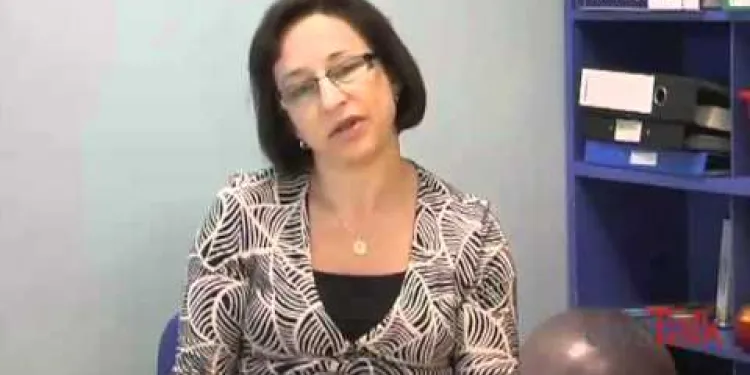
Dyspraxia Symptoms & Signs
Relevance: 25%
-

What are the symptoms of a nut allergy?
Relevance: 25%
-
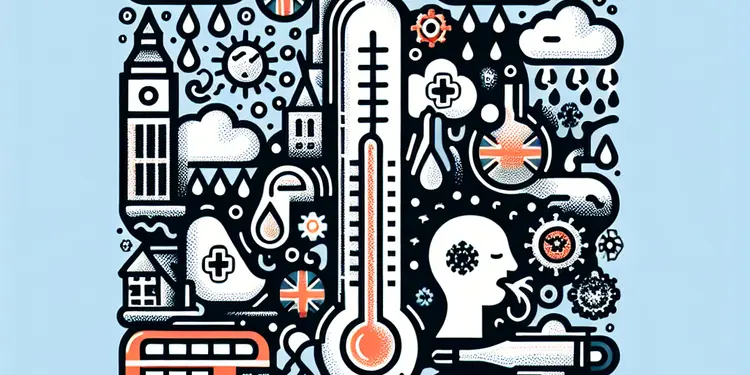
What are the symptoms of H3N2 flu?
Relevance: 25%
-

What are the symptoms of Zika virus?
Relevance: 25%
-

What are the symptoms of long covid?
Relevance: 25%
-

What are common symptoms of meningitis?
Relevance: 25%
-
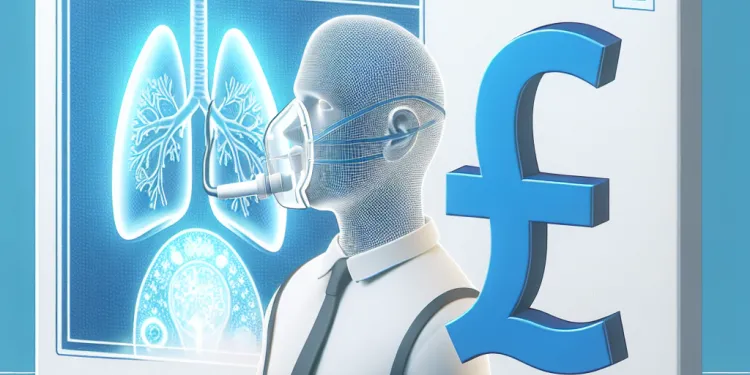
What are the common symptoms of asthma?
Relevance: 25%
-
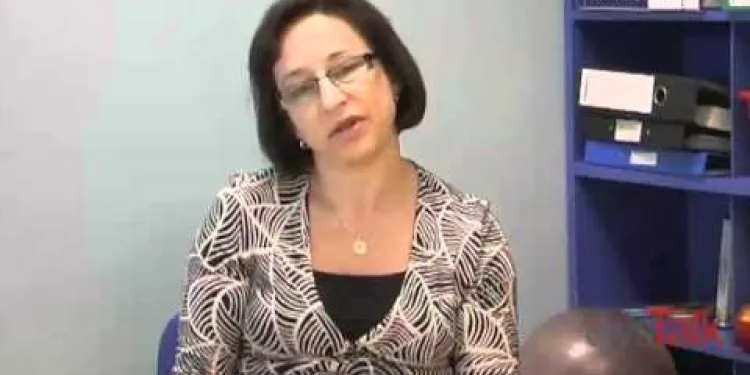
Dyspraxia Symptoms & Signs
Relevance: 25%
-

What are the symptoms of postnatal depression?
Relevance: 25%
-
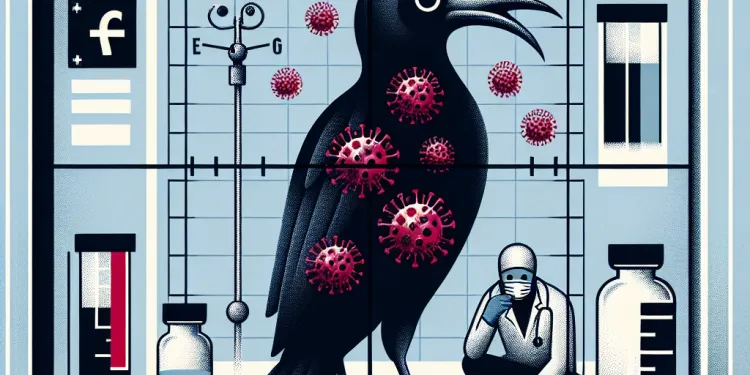
What are the symptoms of the bubonic plague?
Relevance: 25%
Understanding Glaucoma: Symptoms and Early Warning Signs
What is Glaucoma?
Glaucoma is a group of eye conditions that damage the optic nerve, often due to abnormally high pressure in the eye. It is one of the leading causes of blindness for people over the age of 60. Early detection and treatment can help prevent severe vision loss. Understanding the symptoms of glaucoma is crucial for early diagnosis and management.
Common Symptoms of Glaucoma
Glaucoma is often called the "silent thief of sight" because many of its forms do not exhibit immediate symptoms, making regular eye examinations in the UK essential. Some common symptoms to look out for include:
- Peripheral Vision Loss: Reduced peripheral vision or tunnel vision is one of the most noticeable symptoms of advanced glaucoma.
- Blurred Vision: Many patients experience blurred vision, particularly in the early stages.
- Eye Pain: Severe eye pain can occur, especially in cases of acute angle-closure glaucoma.
- Headaches: Persistent headaches, particularly around the eyes, may indicate increasing eye pressure.
- Halos Around Lights: Seeing rainbow-coloured halos around lights is a common symptom, especially in low light conditions.
- Redness in the Eye: Redness can occur, indicating inflammation or high eye pressure.
- Nausea and Vomiting: These symptoms, along with severe eye pain, could indicate acute angle-closure glaucoma, a medical emergency.
Importance of Early Detection
Due to the often-silent progression of glaucoma, regular eye check-ups are crucial for early detection, particularly for those over 40, or with a family history of the condition. In the UK, the NHS recommends routine eye tests every two years, or more frequently if you're at risk. Early diagnosis and treatment can prevent vision loss and help maintain a good quality of life.
Conclusion
Understanding the symptoms of glaucoma can lead to prompt diagnosis and treatment, preserving vision and preventing serious outcomes. If you experience any symptoms of glaucoma, contact a healthcare professional or optometrist in the UK immediately. Regular eye examinations, especially with age, are key to catching this condition early.
Understanding Glaucoma: Symptoms and Awareness
Glaucoma is a group of eye conditions that can lead to damage of the optic nerve, often due to increased pressure in the eye. It's a significant cause of blindness if left untreated and is more common as people age. Awareness and early detection are critical, especially since symptoms can be subtle or non-existent in the early stages.
Primary Symptoms of Glaucoma
In its early stages, glaucoma often presents no symptoms, which is why regular eye check-ups are crucial. As the condition progresses, people may start to notice:
- Peripheral Vision Loss: One of the first signs is the gradual loss of side vision, which can go unnoticed until it becomes severe.
- Halos Around Lights: Some individuals report seeing rainbow-coloured rings around lights, especially in dimmer environments.
- Eye Redness: A noticeable redness of the eye can occur, though this is not always accompanied by pain.
Acute Angle-Closure Glaucoma Symptoms
This form of glaucoma is less common but can be severe. Symptoms of acute angle-closure glaucoma can come on suddenly and require urgent medical attention. They include:
- Sudden Vision Loss: A rapid loss of vision can occur, often described as a cloudy or blurred appearance.
- Severe Eye Pain: Individuals may experience intense pain in the eyes and head.
- Nausea and Vomiting: Accompanied by eye pain and vision changes, these symptoms can make it clear medical intervention is necessary.
- Hazy Eyes: The eyes may appear cloudy, often detected by others.
Risk Factors and Management
In the UK, regular eye tests are a critical part of managing the risk of glaucoma, especially for those over the age of 40, or those with a family history of the condition. People of African, Caribbean, or Asian descent are also at higher risk. Glaucoma can typically be managed effectively with medication, laser treatment, or surgery if detected early. For more information and support on living with glaucoma, organisations such as the International Glaucoma Association are excellent resources.
Understanding Glaucoma: Symptoms and Early Warning Signs
What is Glaucoma?
Glaucoma is an eye illness. It hurts an important part of the eye called the optic nerve. This often happens because of high pressure inside the eye. People over 60 are more likely to go blind because of glaucoma. But if we find it early, we can treat it. This can stop a lot of vision loss. Knowing what to look for is important.
Common Symptoms of Glaucoma
Glaucoma is called the "silent thief of sight" because many people don't notice it at first. This is why eye tests are very important. Watch for these signs:
- Peripheral Vision Loss: You might not see things on the sides. This is called tunnel vision.
- Blurred Vision: Your eyesight might be blurry, especially early on.
- Eye Pain: You might feel sharp pain in your eye, especially in acute glaucoma.
- Headaches: Bad headaches around your eyes can mean your eye pressure is high.
- Halos Around Lights: You might see rainbow circles around lights. This can happen at night.
- Redness in the Eye: Your eye might look red. This could mean swelling or high pressure.
- Nausea and Vomiting: Feeling sick or throwing up along with bad eye pain could mean an emergency.
Importance of Early Detection
Glaucoma can sneak up on you. So, regular eye tests are important. People over 40 or with family history should be extra careful. In the UK, it's a good idea to have an eye test every two years. If you're at risk, do it more often. Early checks and care can stop vision loss and keep life good.
Conclusion
Knowing the signs of glaucoma helps find it early. This means quicker help and better chance of saving your sight. If you see these symptoms, go see an eye doctor in the UK quickly. Regular eye tests, especially as you get older, help catch glaucoma early.
Understanding Glaucoma: Symptoms and Awareness
Glaucoma is an eye problem that can hurt the part of your eye that helps you see, called the optic nerve. This usually happens because there is too much pressure in the eye. If not treated, it can cause blindness. Glaucoma is more common as people get older. It is important to know about it and catch it early because signs can be hard to notice at first.
Main Signs of Glaucoma
At first, glaucoma often doesn't have any signs, so it is important to have regular eye check-ups. As glaucoma gets worse, people may see these signs:
- Losing Side Vision: You might slowly lose your ability to see things around the sides. This can be hard to notice until it gets bad.
- Seeing Rings Around Lights: Some people might see rainbow-colored circles around lights, especially when it is dim.
- Red Eyes: Your eyes might look red, but they might not hurt.
Acute Angle-Closure Glaucoma Signs
This type is rare but serious. Signs can come on fast and need quick medical help. They include:
- Suddenly Not Seeing Well: Vision can quickly become cloudy or blurry.
- Bad Eye and Head Pain: Your eyes and head could hurt a lot.
- Feeling Sick: You might feel like throwing up. These signs show you need to see a doctor.
- Cloudy Eyes: Others might notice your eyes look cloudy.
Who Might Get Glaucoma and How to Manage It
In the UK, getting your eyes checked often is very important, especially if you are over 40 or if glaucoma runs in your family. People from African, Caribbean, or Asian backgrounds have a higher chance of getting glaucoma. If found early, glaucoma can be managed with medicine, laser treatment, or surgery. For more help and information about living with glaucoma, look for groups like the International Glaucoma Association.
Frequently Asked Questions
What are the common symptoms of glaucoma?
Glaucoma often starts without noticeable symptoms but can lead to blurred vision, haloes around lights, eye pain, and gradually reduced peripheral vision.
How does glaucoma affect vision?
Glaucoma damages the optic nerve, which can lead to permanent vision loss. It often affects peripheral vision first.
Who is most at risk for developing glaucoma?
People over 60, those with a family history of glaucoma, those of African, Caribbean, or Asian descent, and individuals with high intraocular pressure are at higher risk.
Can glaucoma cause blindness?
Yes, if left untreated, glaucoma can lead to irreversible blindness. Early detection and treatment are crucial.
Is glaucoma more common in the elderly?
Yes, the risk for glaucoma increases with age, particularly after the age of 60.
How is glaucoma diagnosed by eye specialists in the UK?
Optometrists and ophthalmologists use tests like intraocular pressure measurement, visual field testing, and optic nerve imaging.
Are there any lifestyle changes that can help manage glaucoma?
Regular exercise, a healthy diet, and avoiding smoking may help reduce the risk of worsening glaucoma.
What treatments are available for glaucoma?
Treatments include eye drops, oral medications, laser treatment, and surgery to lower eye pressure and prevent damage.
Can glaucoma be cured?
There is currently no cure for glaucoma, but it can be managed effectively with early diagnosis and treatment.
How often should I get my eyes tested for glaucoma in the UK?
Adults should have an eye test every two years, or more frequently if advised by an optometrist, especially if they are at risk for glaucoma.
What should I do if I suspect I have glaucoma?
Consult with an optometrist or eye specialist immediately for a comprehensive eye examination.
Can children get glaucoma?
Yes, while rare, children can develop congenital or juvenile glaucoma. Early diagnosis is important.
Does diet affect glaucoma?
While no specific diet prevents glaucoma, a balanced diet rich in fruits, vegetables, and omega-3 fatty acids can support overall eye health.
What are the different types of glaucoma?
The main types are open-angle glaucoma and angle-closure glaucoma. Open-angle is the most common form.
Is glaucoma painful?
Open-angle glaucoma is typically painless, but angle-closure glaucoma can cause severe eye pain and requires immediate medical attention.
What signs show you might have glaucoma?
Glaucoma is an eye problem. At first, you might not notice it, but over time it can cause these things:
- Blurry vision (things don't look clear),
- Rings around lights (lights look like they have circles),
- Eye pain (your eyes hurt),
- You can't see as well to the sides (trouble seeing things around you).
If you struggle with reading, try using audiobooks to listen instead of read. It's also helpful to take breaks if you feel tired or your eyes hurt.
What is glaucoma and how does it affect your eyesight?
Glaucoma is an eye problem. It can damage the nerve in your eye, called the optic nerve. This can happen when there is too much pressure in your eye.
When the optic nerve is hurt, you might start to see less. You might see blurry or have tunnel vision, which means you can only see what is right in front of you. If not treated, it can lead to blindness.
If you think you have glaucoma, go to an eye doctor. They can help you. It's important to check your eyes regularly.
Glaucoma hurts the eye nerve. This can make you lose your sight forever. It usually starts with the edges of your sight.
Helpful Tools:
- Magnifying glasses for reading.
- Audio books and podcasts for learning.
- Large print books for easier reading.
Techniques:
- Break up reading into small parts to rest your eyes.
- Read in bright light to see better.
- Ask someone to read with you and help.
Who is more likely to get glaucoma?
Tips to help you:
- Glaucoma is an eye problem that can make you see less.
- Some people have a higher chance of getting it.
Tools and techniques:
- Use bright lights when reading.
- Ask someone to read with you.
- Use a magnifying glass for small text.
Some people need to be extra careful about glaucoma. This includes people who are over 60 years old, have family members with glaucoma, come from African, Caribbean, or Asian backgrounds, or have high eye pressure.
Here are some tips to make reading easier:
- Use big text so it's easier to see.
- Keep the page tidy and simple.
- Use tools that can read text out loud.
- Highlight important parts.
Can glaucoma make you blind?
Glaucoma is an eye illness that can hurt your eyes. If not treated, it can make you lose your sight. It is important to see a doctor if you have eye problems.
Helpful tools:
- Go to the eye doctor for check-ups.
- Ask someone to help you understand more about glaucoma.
- Use big print books or audiobooks if you have trouble seeing.
Yes, if you don’t get treatment, glaucoma can make you blind forever. It is very important to find it early and get help from a doctor.
Do older people get glaucoma more?
Yes, getting glaucoma is more likely as you get older, especially after you turn 60.
How do eye doctors in the UK find out if someone has glaucoma?
Eye doctors use special tests to check for glaucoma. Glaucoma is an eye problem that can make it hard to see.
Here are some things eye doctors do:
- They look at the inside of your eye with bright lights.
- They check the pressure inside your eye. This is like how we check air in a tire.
- They test how well you see things to the side, not just straight ahead.
Sometimes, a doctor uses drops in your eyes to check them better. The drops might make your vision blurry for a little while.
If you have questions, ask your eye doctor or a family member for help. They can explain things in more detail.
You can also use a magnifying glass or read out loud to understand better.
Eye doctors do special tests to check your eyes. They measure the pressure inside your eyes. They also test how well you can see the things around you. They take pictures of the nerve in your eye.
Can changing my daily habits help with glaucoma?
Yes, there are ways to help yourself:
- Eat healthy foods like fruits and vegetables.
- Exercise regularly but avoid heavy lifting.
- Protect your eyes from injury.
- Take breaks if you're looking at screens for a long time.
- Make sure to take your medication if you have any.
Talk to your doctor if you need more help.
Here are some tools that can help:
- Make a task list to remember your medicines.
- Use a calendar to keep track of eye check-ups.
Doing exercise often, eating healthy food, and not smoking can help keep your eyes healthy.
What can help if you have glaucoma?
Here are some things that can help if you have glaucoma:
- Eye drops from the doctor to lower eye pressure.
- Medicine to help your eyes.
- Surgery to fix eye problems.
- Regular check-ups with an eye doctor.
Tools to help:
- Ask someone to help you read or understand the doctor's advice.
- Use reminders for taking your eye drops or medicine.
- Use audiobooks or large-print books if it's hard to read.
- Join a support group to talk to others with glaucoma.
There are a few ways to help. You can use eye drops or take medicine by mouth. Doctors might also use a laser or do surgery to make the pressure in your eyes lower. This helps stop more damage to your eyes.
Can glaucoma be fixed?
Glaucoma is an eye problem. It can hurt your eyes. Right now, there is no way to make it go away completely. But doctors can help. They have special drops and other treatments. These can help your eyes feel better and stop them from getting worse.
If you think you might have glaucoma or if someone in your family has it, it is important to see a doctor. They know how to take care of eyes. The doctor will check your eyes to make sure they are okay.
Some things that can help you see better:
- Wearing glasses if you need them.
- Using good lights when you read or watch TV.
- Taking breaks when you use a computer.
If you need help reading, you can:
- Ask someone to read with you.
- Use an audiobook to listen while following the words.
- Use large print books if you see better with big letters.
We do not have a way to make glaucoma go away completely. But if we find it early, we can help with treatment and make it better.
How often should I have my eyes checked for glaucoma in the UK?
It's important to check your eyes to make sure they are healthy. If you are worried about glaucoma, it's good to see an eye doctor (optician) regularly.
As a guide:
- If you are over 40 years old, you should have your eyes checked every 2 years.
- If someone in your family has glaucoma, talk to an eye doctor. You might need to have your eyes checked more often.
- If you notice any changes in your eyesight, see an eye doctor as soon as you can.
It's important to take care of your eyes. Remember to ask for help if you need it. You can ask a friend, family member, or use a magnifying glass to read.
Grown-ups should have their eyes checked every two years. Some people might need to go more often if the eye doctor says so, especially if they might get a sickness called glaucoma.
What should I do if I think I have glaucoma?
If you think you have glaucoma, see an eye doctor. An eye doctor can check your eyes.
Tell the eye doctor how you feel. Tell them if you have blurry vision or eye pain.
Ask a friend or family member to go with you if you want help.
You can write down what you want to say before you go. This can help you remember.
Going to the doctor is a good way to keep your eyes healthy.
Visit an eye doctor right away to have your eyes checked thoroughly.
Can kids have glaucoma?
Yes, kids can have glaucoma. Glaucoma is an eye problem. It can hurt the eyes and make it hard to see.
If you think a child has eye problems, it's important to see a doctor. The doctor can help. Wearing glasses or using eye drops can also help.
Yes, but it is not common. Some kids can get a kind of eye problem called congenital or juvenile glaucoma. It is very important to find out early if they have it.
Can what you eat change glaucoma?
There is no special food that stops glaucoma. But eating healthy foods like fruits, vegetables, and fish can help keep your eyes healthy.
What are the different types of glaucoma?
Glaucoma is an eye problem. It can hurt your eyes. There are different kinds of glaucoma. Each kind can affect your eyes in a different way.
Here are some types of glaucoma:
- Open-angle glaucoma: This is the most common type. It happens slowly. It is hard to notice at first.
- Angle-closure glaucoma: This type can happen suddenly. It might make your eyes hurt a lot.
- Normal-tension glaucoma: Eye pressure is normal, but the optic nerve is still damaged.
- Congenital glaucoma: This type affects babies and small children. They are born with it.
- Secondary glaucoma: This happens because of another eye problem or injury.
If you are worried about your eyes, talk to your eye doctor. They can help find the problem and make your eyes feel better.
If reading is hard, you can try:
- Using a ruler or finger to follow the words.
- Using a computer or tablet that can read the text out loud.
- Asking someone to read the text with you.
The two main types of glaucoma are open-angle and angle-closure. Open-angle glaucoma is the most common.
Does glaucoma hurt?
Open-angle glaucoma usually does not hurt, but angle-closure glaucoma can make your eye hurt a lot. If your eye hurts a lot, go to the doctor right away.
Useful Links
Have you found an error, or do you have a link or some information you would like to share? Please let us know using the form below.
-->
This website offers general information and is not a substitute for professional advice.
Always seek guidance from qualified professionals.
If you have any medical concerns or need urgent help, contact a healthcare professional or emergency services immediately.
Some of this content was generated with AI assistance. We’ve done our best to keep it accurate, helpful, and human-friendly.
- Ergsy carfully checks the information in the videos we provide here.
- Videos shown by Youtube after a video has completed, have NOT been reviewed by ERGSY.
- To view, click the arrow in centre of video.
- Most of the videos you find here will have subtitles and/or closed captions available.
- You may need to turn these on, and choose your preferred language.
- Go to the video you'd like to watch.
- If closed captions (CC) are available, settings will be visible on the bottom right of the video player.
- To turn on Captions, click settings .
- To turn off Captions, click settings again.
More Items From Ergsy search
-

Glaucoma: symptoms in glaucoma
Relevance: 100%
-

Glaucoma: what is glaucoma?
Relevance: 80%
-

What is the difference between hypotony and glaucoma?
Relevance: 65%
-

Glaucoma: general side effects of eye drops
Relevance: 61%
-

Glaucoma: how often should i take my eye drops?
Relevance: 57%
-

Glaucoma: how does it affect my ability to drive?
Relevance: 57%
-

Glaucoma: about the Ophthalmology Team at University Hospitals Birmingham NHS Foundation Trust
Relevance: 54%
-

What are the symptoms of hypotony?
Relevance: 31%
-

The symptoms of gonorrhoea
Relevance: 28%
-

What is hypotony in the eye?
Relevance: 27%
-

What is the normal range of intraocular pressure?
Relevance: 27%
-

What are the symptoms of norovirus?
Relevance: 27%
-

What are the symptoms of Rubella?
Relevance: 27%
-

Are there symptoms of an HPV infection?
Relevance: 27%
-

Symptoms of coeliac disease
Relevance: 27%
-

Do certain medications contribute to hypotony?
Relevance: 27%
-

What are the symptoms of measles?
Relevance: 27%
-

What are the symptoms of measles?
Relevance: 27%
-

What are the symptoms of measles?
Relevance: 27%
-

What are the symptoms of SAD?
Relevance: 27%
-

What are the symptoms of BPH?
Relevance: 27%
-

What are the symptoms of chickenpox?
Relevance: 27%
-

What are the symptoms of flu ?
Relevance: 27%
-

What are the symptoms of whiplash?
Relevance: 27%
-

What are the symptoms of sunburn?
Relevance: 26%
-

Symptoms of flu (influenza)
Relevance: 26%
-

What are the symptoms of scabies?
Relevance: 26%
-

What are the symptoms of shingles?
Relevance: 26%
-

Is headache a symptom of a concussion?
Relevance: 26%
-

Can hypotony affect vision?
Relevance: 26%
-

Dyspraxia Symptoms & Signs
Relevance: 25%
-

What are the symptoms of a nut allergy?
Relevance: 25%
-

What are the symptoms of H3N2 flu?
Relevance: 25%
-

What are the symptoms of Zika virus?
Relevance: 25%
-

What are the symptoms of long covid?
Relevance: 25%
-

What are common symptoms of meningitis?
Relevance: 25%
-

What are the common symptoms of asthma?
Relevance: 25%
-

Dyspraxia Symptoms & Signs
Relevance: 25%
-

What are the symptoms of postnatal depression?
Relevance: 25%
-

What are the symptoms of the bubonic plague?
Relevance: 25%


